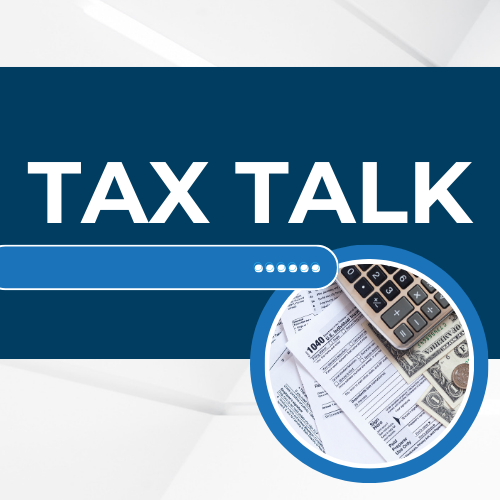Tax Glossary: Capital Gains
Tax Glossary: Capital Gains

Capital gains are a crucial concept in taxation, especially for investors and individuals involved in the buying and selling of assets. Understanding how capital gains work and their tax implications can significantly impact your financial planning and investment strategy. Here's a breakdown of what capital gains are and how they are taxed.
What Are Capital Gains?
Capital gains occur when you sell an asset for more than you originally paid for it. This profit can come from various sources, such as stocks, bonds, real estate, or other investments. The difference between the purchase price (your "basis") and the selling price is your capital gain. Conversely, if you sell an asset for less than its purchase price, you incur a capital loss.
Types of Capital Gains
Capital gains are classified into two categories: short-term and long-term, depending on how long you hold the asset before selling it.
- Short-Term Capital Gains: If you sell an asset you have held for one year or less, the profit is considered a short-term capital gain. These gains are taxed at your ordinary income tax rate, which can be significantly higher than the rate for long-term gains.
- Long-Term Capital Gains: If you hold an asset for more than one year before selling it, the profit is classified as a long-term capital gain. These gains benefit from lower tax rates, which can range from 0% to 20%, depending on your income level and filing status. The favorable tax treatment of long-term gains is designed to encourage long-term investment.
Tax Implications
The tax rates for capital gains are influenced by several factors, including your overall income and the duration for which you held the asset. Understanding these tax implications can help you strategize your investments more effectively.
- Income Brackets and Tax Rates: The tax rate for long-term capital gains depends on your taxable income and filing status. For example, individuals in lower-income brackets might pay 0% on long-term gains, while those in higher brackets could pay 15% or 20%. It’s crucial to know your income bracket to estimate the potential tax liability.
- Offsetting Gains with Losses: You can use capital losses to offset capital gains, reducing your taxable income. If your losses exceed your gains, you can use the remaining loss to offset up to $3,000 of other income per year, with any additional losses carried forward to future years.
- Net Investment Income Tax: High-income earners might also be subject to an additional 3.8% Net Investment Income Tax (NIIT) on their capital gains. This applies to individuals with modified adjusted gross incomes above certain thresholds.
Strategic Considerations
To optimize your tax liability regarding capital gains, consider holding assets for more than a year to benefit from lower tax rates, using tax-advantaged accounts for investments, and strategically selling assets to manage income levels and tax exposure.
Understanding the basics of capital gains and their taxation is essential for effective financial planning and investment strategy. By being aware of how capital gains are taxed and planning accordingly, you can minimize your tax liability and maximize your investment returns. As always, it's wise to consult with your tax professional and financial advisor about the potential for capital gains before making any big decisions on buying and selling assets.
Quick Links
Contact Information
Business Hours
- Mon - Fri
- -
- Sat - Sun
- Closed















